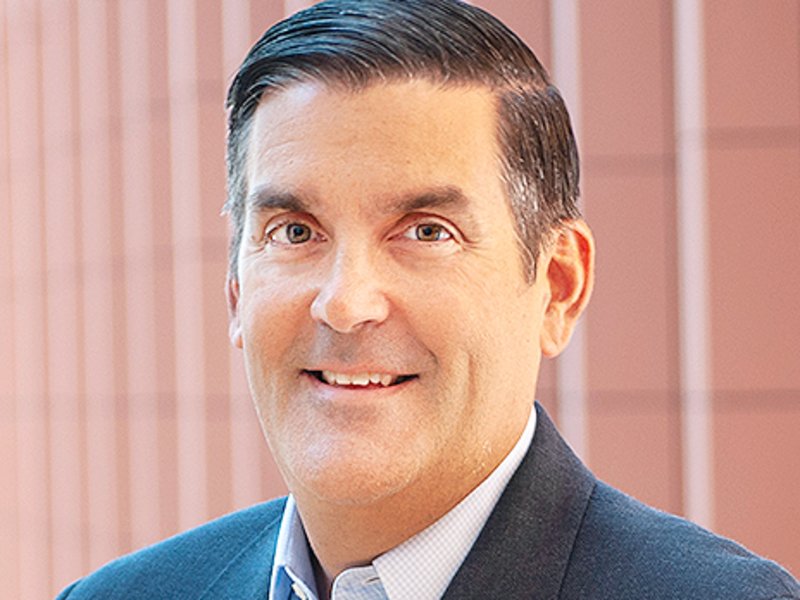
In the 1967 film The Graduate, recent college grad Benjamin Braddock, played by Dustin Hoffman, is famously given a one-word description of the future: plastics.
North Carolina auto dealer John Hiester has a similar one-word suggestion for his peers as they prepare for a battery-electric vehicle future: rubber.
“I’ve done a lot of research on what this shop facility looks like 10 years from now,” Hiester said of his fixed ops department. “So, tires. Tires aren’t going to change. Cars are still going to be on rubber, and they’re still going to use them like crazy.
“So if you’re a dealer, you need to be in the tire business sooner rather than later.”
Hiester, who was recently profiled in Automotive News for his idea to buy 19 classic cars in need of repair to keep his techs busy during the early days of the pandemic, said he realizes BEVs will not need as much maintenance as traditional gasoline vehicles. In fact, a recent McKinsey & Co. study predicted a 40 to 50 percent drop in repair orders. BEVs won’t require oil changes, their brakes could last 100,000 miles and over-the-air software updates will keep vehicles out of the service lane.
But Hiester is “excited by the fact” that BEVs will still need maintenance and repair.
“You’re gonna lose the oil change and that type of thing but pick up [other] more profitable things,” he said.
While Hiester keeps one optimistic eye on the future, he remains focused on shepherding his two Chevrolet dealerships and two Chrysler-Dodge-Jeep-Ram stores through year two of the pandemic. He said he is “not afraid of the next year.” In fact, he is eagerly anticipating it.
“I was just reading a forecast for [2021] and it was real optimistic,” he said. “Historically, the year after a presidency switch, regardless of what party is in power, is always a good year. I’m excited.”